Signs Your Business Needs a Fractional CFO
Small business owners have many responsibilities and tasks they must perform to keep the business operating smoothly. This means that the typical functions of a Chief Financial Officer (CFO) may also be the responsibility of the business owner who may constantly be worried about the finances of the company. A business owner may only be able to dedicate a limited amount of time to pay attention to the financial issues that confront a business. Typically, this results in the owner finding out about financial problems after the fact and not being able to make proactive efforts to minimize the troubles before they arise.
Fractional CFO
Business owners do not have to suffer from not having the benefit of CFO expertise. The McLinden Group offers an effective way to enhance the operations, receive quality advice from a CFO, and achieve this with an affordable investment. This concept is known as a “fractional” CFO. A fractional CFO is a highly qualified person who works as the CFO for an organization on a short-term and/or part-time basis.
Businesses that do not have a full-time CFO show many benefits from using the services of a fractional CFO. One of the main reasons for this is that business owners may not even be aware of the effectiveness of CFO-level thinking, simply because they do not have any experience working with the subject matters that are routine for CFOs.
Warning Signs of Troubles
Some signs that your business needs the help of a fractional CFO include, excessive stress levels for the business owner due to work overload and constant “firefighting” of emergencies related to accounting issues, reporting requirements, and legal compliance. Another thing that hurts the future of a business is when there is a neglect of financing efforts to improve operations, such as raising capital, establishing/improving credit lines, and managing cash flow.
Benefits of Using a Fractional CFO
There are many benefits of hiring a fractional CFO. An important one includes getting expert advice from a highly-qualified C-level executive with a specialist’s knowledge in accounting and finance. This can be very valuable for a business owner. A fractional CFO can help create a long-term financial plan to scale the business, increase profits, and suggest an exit strategy for the sale or transfer of the business in the future. Other helpful things that can be done are raising capital in advance of a critical need, creating a formal, incentive-based compensation plan that stimulates business growth, and setting up a system to properly track performance metrics.
Contact The McLinden Group to learn how your organization can benefit by using the services of a fractional CFO.

Financial Advice for Businesses
No matter what niche you are in, if you aren't managing your finances soundly, then you won't have the capital to achieve your goals. To find success in the long term, understand these common financial management strategies.
Be Realistic About Expenses
When your business is young, your initial expenses often exceed estimates while your growth fails to meet them. To build a healthy business, estimate expenses and profit realistically, then raise enough capital to make it through the early years.
To get these figures right, you'll need a plan. Who is your target audience, and do they really want or need what you've got? Who are your competitors, and what's your key differential? Planning helps you refine your approach to meet success earlier.
Focus on Cash Flow
As money comes in, it's fun to focus on the profit. Yet it's your cash flow -- your ability to pay bills on time or buy supplies you need to operate -- that really spells success.
Invest in Your Business With Strong Partnerships
To really grow your business and achieve your goals, it is sometimes necessary to splurge instead of save. Never pay bottom-line prices for legal or accounting help, for instance. Invest in the right technology platform to meet your customers' needs. By scrimping in these areas to increase profits, you're making it more difficult for your business to succeed.
By applying these financial management strategies, you can avoid missteps that harm young businesses and find success faster.
3 Ways to Free Up Cash & Grow Your Business
As a business owner, having a steady cash flow is vital. It’s one of the lifelines for growing your business, and should be an integral part of your daily objectives. Getting that cash flow to work steadily toward your interests can be challenging. Here are a few tips:
- Rewards and Penalties
If you have loyal clients that pay on time, reward them with an incentive. That will help keep them motivated and your cash flowing. For those clients who do not pay on time, it’s time to start assessing penalties. Once they have something to lose, paying on time becomes a priority.
- Marketing moves
The right marketing makes all the difference. Look at your current marketing strategy, determine the weaknesses and implement tactics to resolve those issues and attract new audiences.
- Invoice Factoring
This may be a good alternative for freeing up cash. These companies provide capital based on your current, unpaid invoices to give you flexibility and peace of mind.
These strategies can transform your cash flow and focus on growing the business and future success. Knowledge is power. The more you know, the more you grow.
5 Accounting Tips for Small Businesses
Whether you are a new business owner or have been around for a while, having a good accounting process in place is key. When you know where your money is and where it’s going, you can properly plan for the present and future. Use these tips to stay on track:
- Keep Cash Reserves
There are always instances where you may need to get your hands on some cash. Having a cash reserve to keep things going for at least six months.
- Use the right software
Paying your bills electronically and using the right accounting software can be a lifesaver, saving both time and money.
- Incentives and Rewards
Give those clients who pay on time something to look forward to. Incentives and rewards can go a long way in developing loyalty and increasing sales.
- Financing
If you’re going to finance, don’t put all your eggs in one basket. Using multiple sources for capital will keep your business from being too dependent on one source.
- Let the pros handle it
Give your accounting to someone that knows what they are doing. Monitor your accounts, but have an expert handle the money.

Getting Your Small Business Accounting Practices in Order
There's no doubt, bookkeeping and accounting for small businesses aren't easy tasks. It takes a lot of your time and requires a good deal of skill, as Miriam Reimer points out. Getting the help of a licensed professional or using accounting software can help. Nevertheless, there are a few things you need to keep in mind.
First, be sure your business is completely separate from your personal expenses. Create separate bank accounts to manage these funds. Track all of your deposits on a consistent basis and keep track of expenses, too. That's easier to do when you have a separate bank account. You'll need to manage various costs in different ways. For example, track all of your expenses related to labor costs. Keep this separate from the expenses you pay for inventory, equipment, or marketing. This gives you key information on where your money is really going.
Other records to keep include all invoices, receivables, and inventory records. You'll want to manage any component of your business related to money, like these, to ensure the very best oversight to where you are spending.
Another important step to managing your accounting well is simply to give it time. In other words, plan time each week or twice a week to handle your accounting needs. This includes updating files, documenting expenses, and organizing costs. Choose the same time, every week.
It's also important to realize when it is time to hire a pro. Remember, the time you spend managing the books is time spent away from the important tasks that help your business to grow and thrive. More so, the pros can help you with tax deductions and credits to reduce how much you owe the IRS each year. That's money saved. Realize this is likely a step you'll need to take as your business grows.

